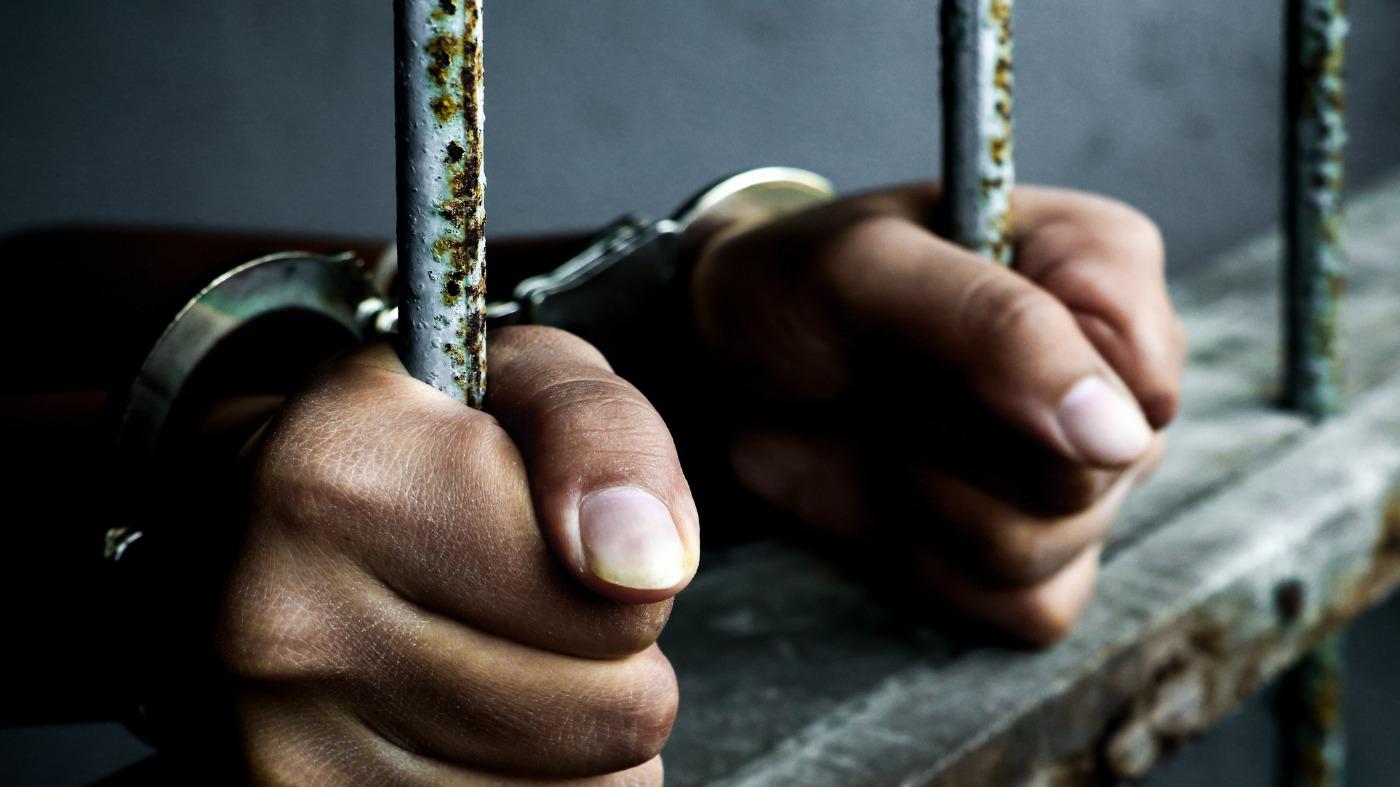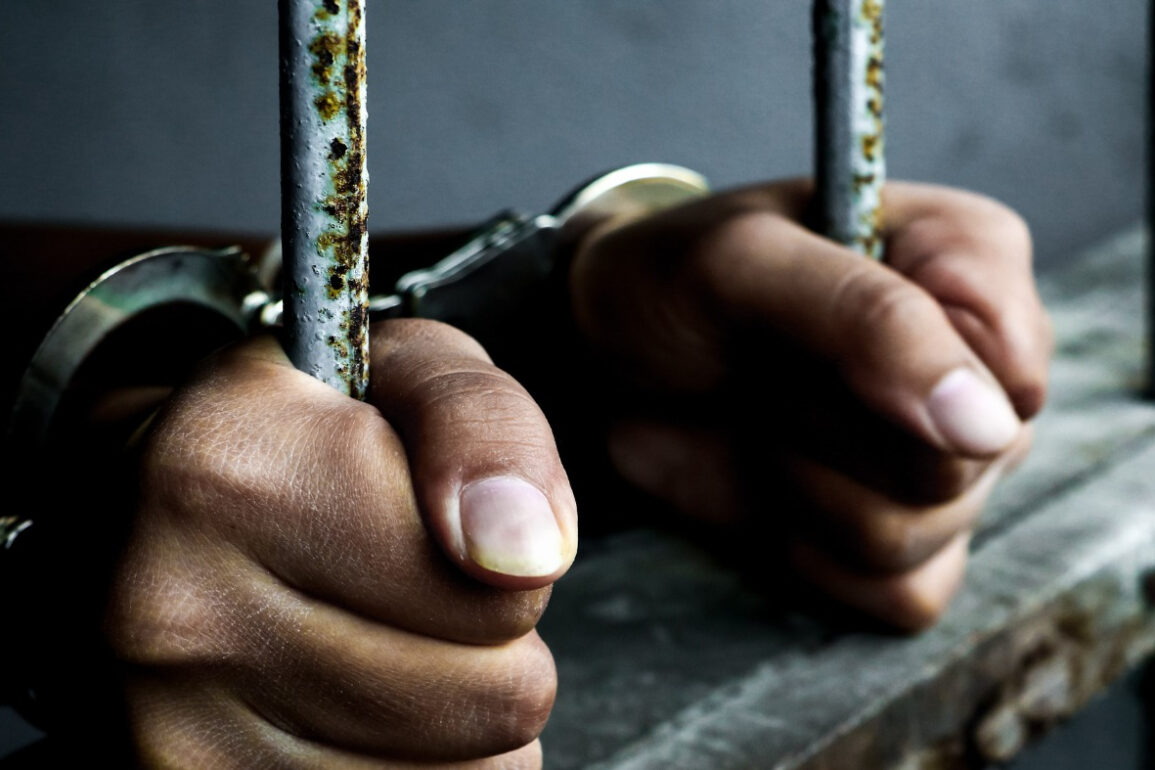The views expressed by contributors are their own and not the view of The Hill

The United States is at a turning point in its approach to criminal justice. Today, a new ray of hope shines as the End Solitary Confinement Act, a bill introduced by a coalition of House Democrats, promises to bring about significant change.
This groundbreaking legislation aims to broadly ban the use of solitary confinement in federal prisons, jails, and detention centers, taking a decisive step towards ending a practice that erodes the mind, crushes the spirit, and inflicts irreparable harm.
The scars of solitary confinement run deep, as demonstrated by my own haunting experience at the age of 13 while incarcerated in Salinas County Juvenile Hall in California. A victim of violence, I found myself locked away in a solitary confinement cell for weeks, an ordeal that far too many others face in our flawed system.
In the United States, over 122,000 individuals endure the debilitating effects of isolation in prisons and jails. Each morning, they wake up to overwhelming fear and anxiety, as their cries for connection and humanity are met with threats and silence from the staff. Just as were mine.
Solitary confinement has evolved from its noble Quaker origins in the 18th century, meant for introspection and redemption, to a punishment that strips away one’s humanity.
“Someday, we will look back and ask why we ever subjected people to prolonged solitary confinement and expected anything other than trauma, violence and death as a response,” said Rep. Cori Bush (D-Mo.), who is co-leading the legislation.
Today, prisoners in solitary confinement spend most of their days locked in small, windowless cells, with limited human contact and minimal access to natural light. According to studies, the consequences of such conditions are severe, resulting in anxiety, depression, hallucinations, and suicidal tendencies. Moreover, this practice disproportionately affects marginalized communities, perpetuating suffering rather than addressing underlying issues.
Critics argue that solitary confinement is necessary for maintaining order and safety. However, evidence suggests that alternative methods can achieve these goals more effectively. Countries like Norway have implemented rehabilitation-focused approaches, resulting in lower rates of violence and recidivism. These methods prioritize education, therapy, and skill-building, empowering inmates for successful reintegration into society.
Though efforts to reform solitary confinement practices have begun, they are only a small step towards true justice. Some states have imposed time limits and increased transparency, but we must push for an end to this dehumanizing practice entirely. Our criminal justice system should prioritize compassion, empathy, and understanding, investing in education, vocational training, mental health services, and community reintegration.
As a society, we hold the responsibility to protect the rights and dignity of all individuals, regardless of their circumstances. Solitary confinement undermines these principles, perpetuating trauma and hindering reintegration. To drive change, we must confront the reality of this practice and advocate for a compassionate and humane approach to justice.
The End Solitary Confinement Act marks a crucial turning point in the fight for a more compassionate criminal justice system. The proposed ban on solitary confinement in federal facilities by Democratic Reps. Sydney Kamlager-Dove of California, Rahida Tlaib of Michigan, Bonnie Watson Coleman of New Jersey, and Adriano Espaillat and Jamaal Bowman, both of New York — is a testament to their collective determination to prioritize rehabilitation and healing.
By advocating for this bill, we declare our belief in the transformative power of human beings and work towards a society that cherishes the inherent worth and potential for change in every individual.
Together, we can bring about a brighter future, free from the chains of isolation and fear that shackle us to the barbaric practice of solitary confinement.
Chris Stevens is the director of the nonprofit A More Just America that lobbies for criminal justice reform.
Chris Stevens
Cori Bush
End Solitary Confinement Act
solitary confinement
Copyright 2023 Nexstar Media Inc. All rights reserved. This material may not be published, broadcast, rewritten, or redistributed.
This post was originally published on this site be sure to check out more of their content.







